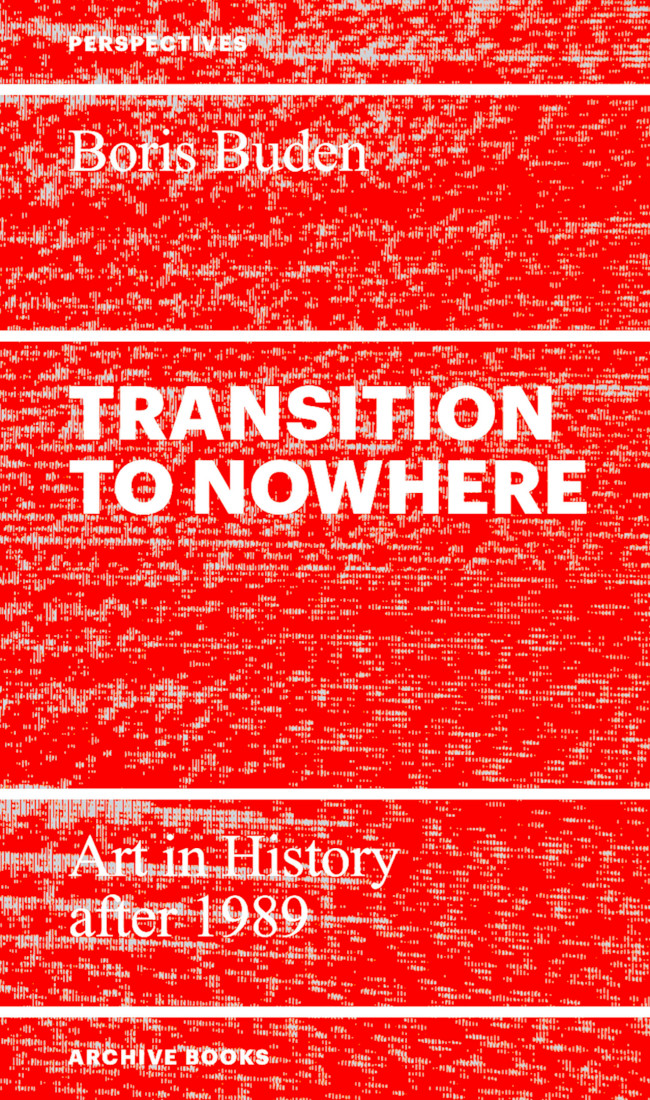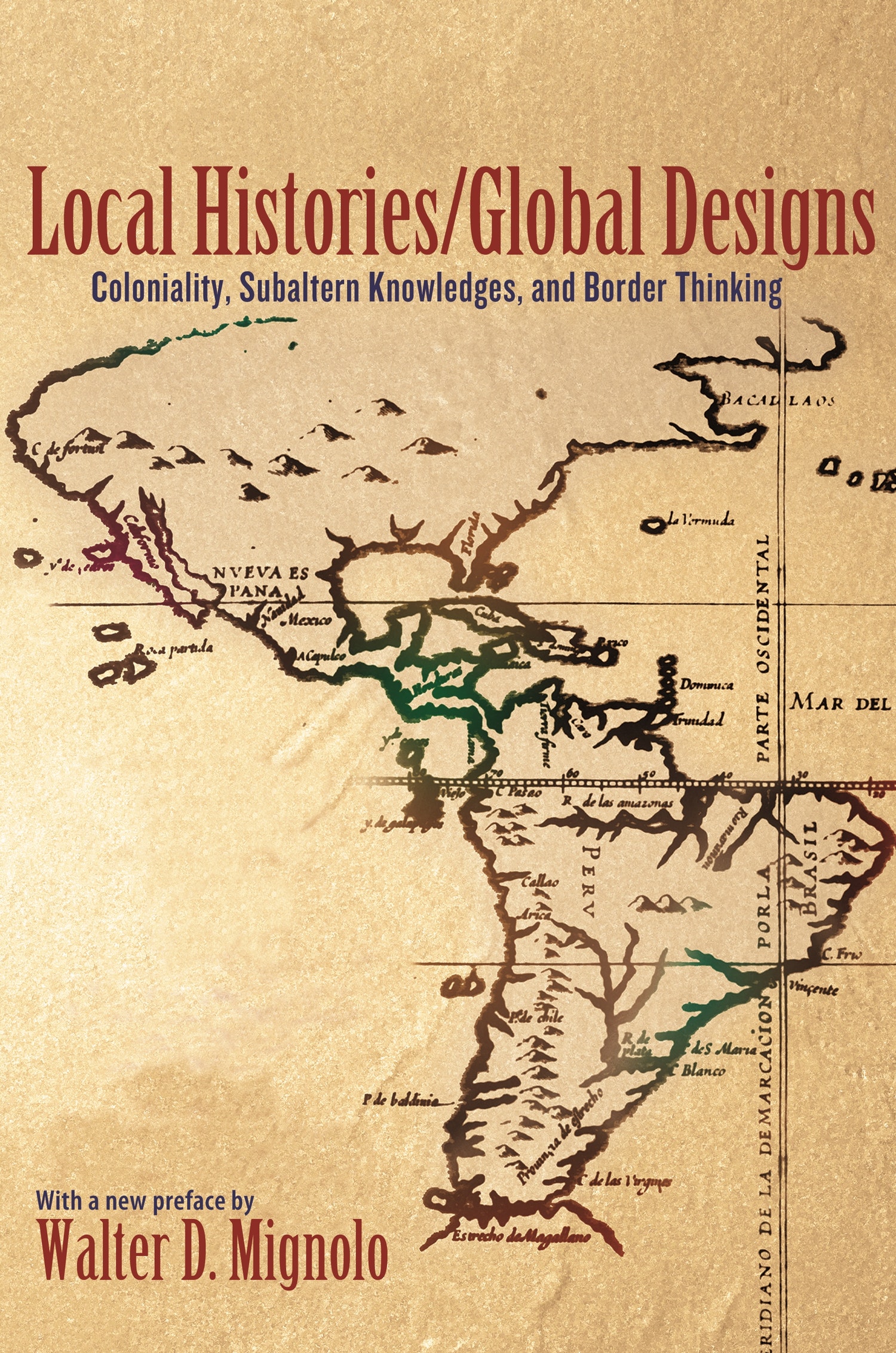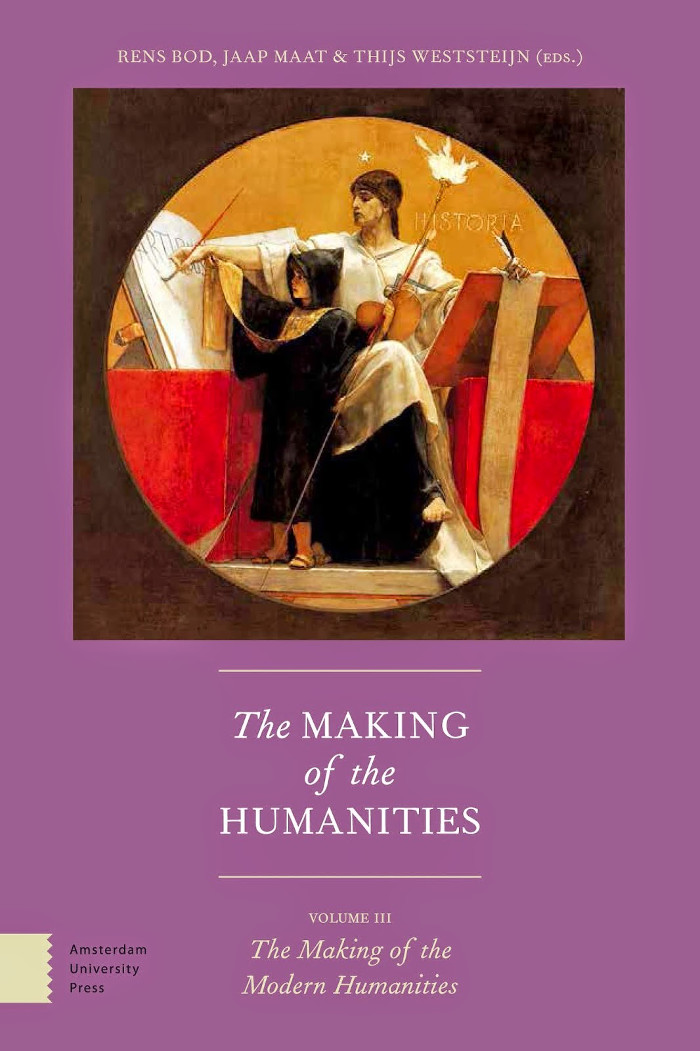Boris Buden: Transition to Nowhere: Art in History After 1989 (2020)
Filed under book | Tags: · art history, civil society, history, identity, language, nationalism, post-communism, transition

“Today, after Post-Communism has ended in chaos and confusion, we are entitled to ask: was it a condition, or a transition; a rise or a decline; progression, regression or simply a time-lag? Has it ever shaped its own form of social being, a unique mode of economic production, a politics of its own, a culture? Or was it just another interregnum of history, full of morbid symptoms we cannot get rid of?
Most of the essays in this book search for answers to questions in works of art. Not because art possesses a superior knowledge on history, but because the knowledge on history we posses has failed in providing those answers. This is a new experience made possible by both art and history, which, in simultaneously facing their end, have come closer to one another than ever before. It is an experience we might possibly learn from.”
Compiled by Boris Buden and Naomi Hennig
Edited by Paolo Caffoni
Publisher Archive Books, Berlin, 2020
Perspectives series
Open access
ISBN 3943620832, 9783943620832
404 pages
HT pere
PDF (31 MB)
Comments (6)Walter D. Mignolo: Local Histories/Global Designs: Coloniality, Subaltern Knowledges, and Border Thinking (1999)
Filed under book | Tags: · anthropology, borders, colonialism, decolonization, epistemology, gender, globalisation, hermeneutics, history, knowledge, language, latin america, modernity, occidentalism, pluriversality, postcolonialism, subaltern studies, theory, zapatistas

“This book is an extended argument on the “coloniality” of power by one of the most innovative scholars of Latin American studies. In a shrinking world where sharp dichotomies, such as East/West and developing/developed, blur and shift, Walter Mignolo points to the inadequacy of current practice in the social sciences and area studies. He introduces the crucial notion of “colonial difference” into study of the modern colonial world. He also traces the emergence of new forms of knowledge, which he calls “border thinking.”
Further, he expands the horizons of those debates already under way in postcolonial studies of Asia and Africa by employing the terms and concerns of New World scholarship. His concept of “border gnosis,” or what is known from the perspective of an empire’s borderlands, counters the tendency of occidentalist perspectives to dominate, and thus limit, understanding.
The book is divided into three parts: the first chapter deals with epistemology and postcoloniality; the next three chapters deal with the geopolitics of knowledge; the last three deal with the languages and cultures of scholarship. Here the author reintroduces the analysis of civilization from the perspective of globalization and argues that, rather than one “civilizing” process dominated by the West, the continually emerging subaltern voices break down the dichotomies characteristic of any cultural imperialism. By underscoring the fractures between globalization and mundialización, Mignolo shows the locations of emerging border epistemologies, and of post-occidental reason.”
Publisher Princeton University Press, 1999
Princeton Studies in Culture/Power/History series
ISBN 0691001405, 9780691001401
xix+371 pages
Interview with author (L. Elena Delgado and Rolando J. Romero, Discourse, 2000)
Author on pluriversality (2013)
Review: Serge Gruzinski (Annales, 2002, FR).
Commentary: Linda Martín Alcoff (CR, 2007).
PDF (17 MB)
Comment (0)Rens Bod, Jaap Maat, Thijs Weststeijn (eds.): The Making of the Humanities, Vol. 3: The Modern Humanities (2014)
Filed under book | Tags: · aesthetics, archaeology, art history, classics, digital humanities, history, history of science, humanities, knowledge, language, linguistics, literary theory, literature, musicology, philology, philosophy, science, social science, theatre

“This comprehensive history of the humanities focuses on the modern period (1850-2000). The contributors, including Floris Cohen, Lorraine Daston and Ingrid Rowland, survey the rise of the humanities in interaction with the natural and social sciences, offering new perspectives on the interaction between disciplines in Europe and Asia and new insights generated by digital humanities.”
Publisher Amsterdam University Press, Amsterdam, 2014
Creative Commons BY-NC 3.0 License
ISBN 9789089645166
724 pages
PDF, PDF (6 MB, updated on 2022-12-20)
Volumes 1-2

